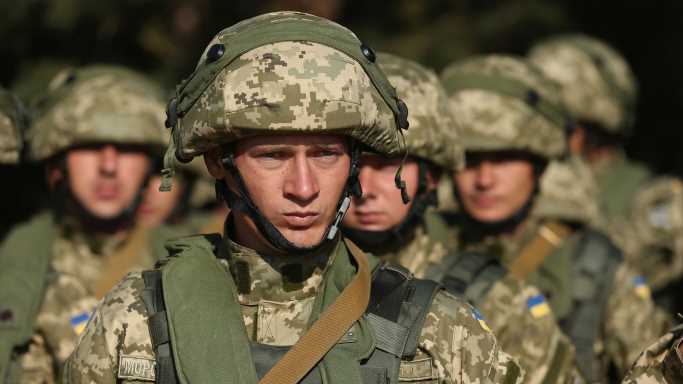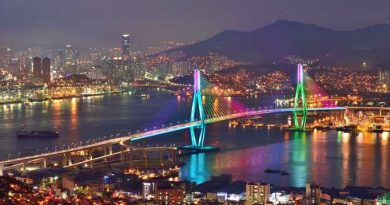Ukraine News: BP, Norway Pull Out of Russia; Chipmakers Cut Supplies; and More
One of the world’s supermajor oil companies, BP PLC (NYSE: BP) has announced that it will take a material noncash charge in the first quarter of this year as the company exits its nearly 20% stake in Russian oil producer Rosneft. BP CEO Bernard Looney and former CEO Bob Dudley are immediately resigning their seats on Rosneft’s board.
BP’s board chair, Helge Lund, commented:
We can no longer support bp representatives holding a role on the Rosneft board. The Rosneft holding is no longer aligned with bp’s business and strategy and it is now the board’s decision to exit bp’s shareholding in Rosneft. The bp board believes these decisions are in the best long-term interests of all our shareholders.
BP will no longer treat its stake in Rosneft as an equity interest. Instead, it will account for its position as a “financial asset measured at fair value.” The company expects to write down approximately $25 billion, comprising $14 billion in the difference between BP’s current carrying value and the fair value and another $11 billion primarily due to foreign exchange losses accumulated since 2013. BP also will remove its Rosneft dividend payments from its financial framework.
Norway’s $1.3 trillion sovereign wealth fund has announced that it has frozen any new investments in Russia and will dispose of all its Russian holdings. The fund’s investments in Russia total just $3.1 billion (0.2% of total assets). Norway also is boosting its humanitarian aid to Ukraine by about $225 million and will supply nonlethal aid, such as helmets and protective armor, to the country where “the Ukrainian people are fighting for their lives.”
Chipmaking giant Taiwan Semiconductor Manufacturing Co. Ltd. (NYSE: TSM) said last Friday that it has begun stopping all sales to Russia and to other customers who supply products to Russia. According to a report in The Washington Post, GlobalFoundries Inc. (NASDAQ: GFS), also has announced that it has begun to comply with the sanctions announced last week, while Intel Corp. (NASDAQ: INTC) has said only that it “complies with all applicable export regulations and sanctions,” which includes the current sanctions on Russia.
Ukraine’s digital minister, Mykhailo Fedorov, last Friday called on Apple CEO Tim Cook to cut products and services, including the company’s App Store, to Russia. Fedorov has made similar appeals to Meta/Facebook, Google/YouTube, Twitter and Netflix.
Sanctions on the Bank of Russia, the country’s central bank, have forced the bank to more than double its interest rate Monday morning to 20% in an effort to prop up the ruble. Rubles had dropped more than 25% and traded at around 100 to the dollar. Sanctions on the Bank of Russia have essentially frozen the country’s access to about half of its $630 billion in foreign exchange reserves. For a clear summary of the sanctions imposed on Friday and their effects on the Russian economy, this explainer from Noah Smith is a good place to start.
Source: Read Full Article



